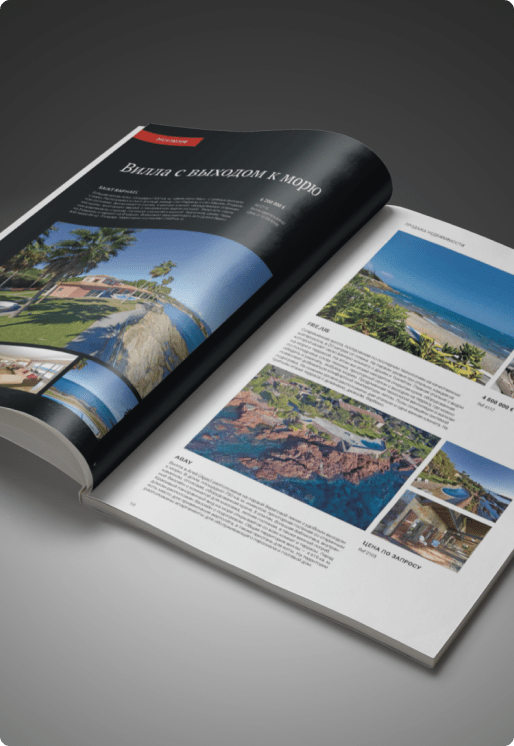














- Home
- Real Estate
- Cap d'Antibes Newly Built Contemporary Villa with Pool
Cap d'Antibes Newly Built Contemporary Villa with Pool
This new villa in the esteemed Cap d'Antibes melds cutting-edge design with an exceptional location, mere steps from the sea. The property extends over 140 sqm across three levels, plus a 60 sqm basement, showcasing the pinnacle of contemporary elegance. The ground floor welcomes with a spacious living room, modern kitchen, and an en-suite bedroom, all crafted for ultimate comfort. Two additional bedrooms on the upper floor, each with private bathrooms, open onto a tranquil terrace, offering a retreat for relaxation. The basement, equipped with a sauna and gym, brings an additional layer of luxury. Elegant wood accents throughout the villa enrich its modern aesthetic. Positioned on a 900 sqm plot complete with a swimming pool, this villa is a testament to sophisticated living in a coveted Riviera locale, promising a harmonious blend of style and tranquility for its future residents.






























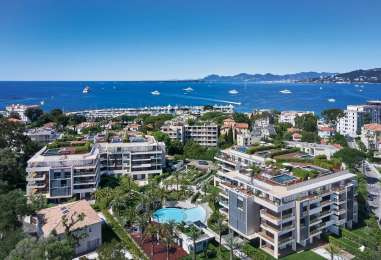
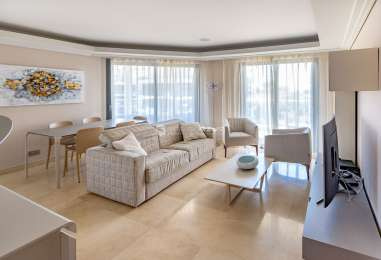
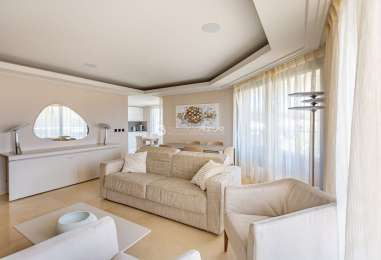















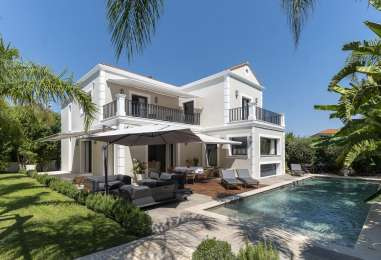

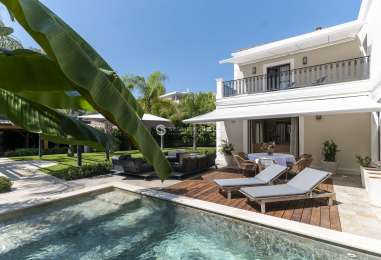






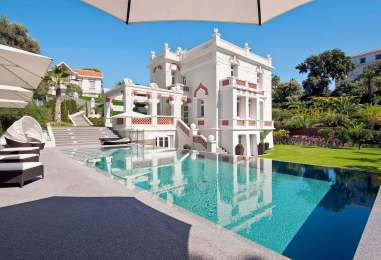







































Yes, in France property insurance is mandatory in certain situations — but not in all. The overview below clarifies the key obligations depending on your status.
- If you are an owner-occupier (propriétaire occupant)
Property insurance is not legally required, but it is strongly recommended. Without coverage, you are personally liable for any damage (fire, water damage, explosion, etc.), including harm caused to neighbouring properties. Most owner-occupiers take out a multirisque habitation (MRH) policy — a comprehensive home insurance contract.
- If you are a landlord (propriétaire bailleur)
Insurance is not compulsory for the landlord. However, if the tenant is not insured, the landlord bears the financial risk in the event of fire, water damage or other incidents. For this reason, most landlords include an insurance clause in the lease agreement and request proof of the tenant’s policy.
- If you are a tenant (locataire)
Insurance is legally mandatory (Article 7 of the Law of 6 July 1989). Tenants must hold home insurance covering at least rental risks — fire, explosion and water damage. If the tenant fails to obtain a policy, the owner may terminate the lease, or purchase insurance on the tenant’s behalf and add the cost to the rent.
- If the property is part of a condominium (copropriété)
Since 2014 (Loi Alur), insurance is mandatory for every co-owner, including those who do not reside in the property. The minimum requirement is civil liability insurance (responsabilité civile) covering damage caused to neighbours or other occupants
Step-by-step guide to the homebuying process :
- Select properties and ask to organise viewing
- Visit selected properties and choose a home to buy
- Have the house inspected and ask for energy performance rating
- Make an offer. Present it to the seller and reach agreement on the price.
- Sign a promise deed – Compromis de vente
- Make a down payment of 5-10% of the sale price
- Consider your financial options, ask for mortgage
- Wait for the notary to check the transaction cleanliness
- Pay a 100 % of the amount
- Sign a sale deed and get the keys to your new home
- Get legal documents, registered in the French Land Registry, from the notary
- Register utilities and insurance policies of your new home in your name
The DPE is a real estate diagnosis that is mandatory for all properties for sale. The seller must be able to provide it before signing a purchase agreement - Compromis de vente. The DPE makes it possible to know the energy consumption and CO2 emissions of the property and includes the following data:
- Floor area (Loi Carrez) — for apartments.
- Technical diagnoses (lead, asbestos, termites, etc.).
- Electrical and gas installations.
- Heat loss, insulation performance, renewable energy production systems, if any.
- Risk of seismic movement or other natural disaster.
- Septic tank installation – for houses.
56 bis, av de la Lanterne
06200 Nice, France
+33 4 93 29 84 25
9:00 – 18:00
Nice, France (GMT +2)








